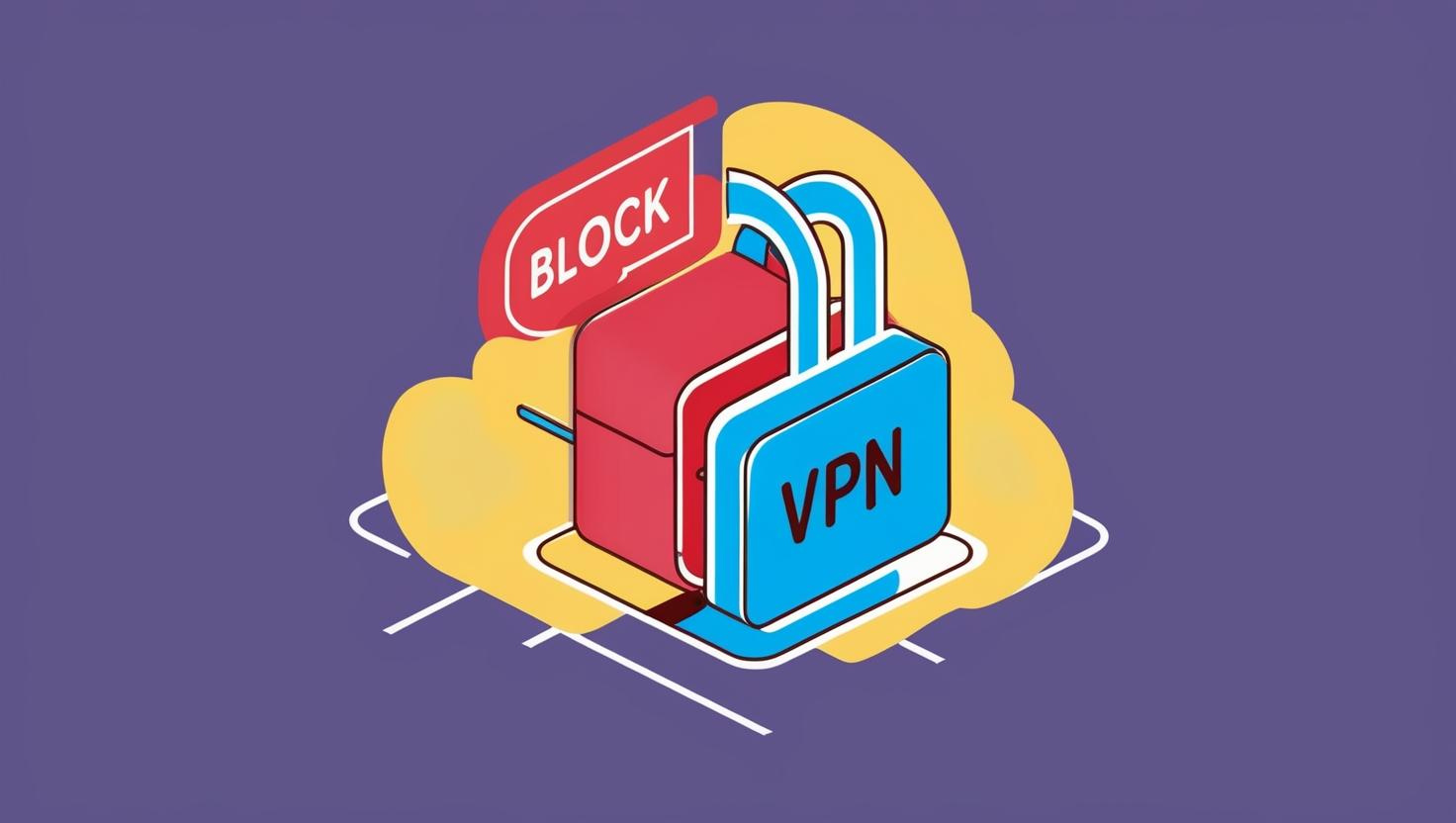VPNs provide internet users with privacy, security, and unrestricted access to content. However, not all governments support the use of VPNs. In some countries, VPNs are heavily restricted or outright banned. This article explores the global landscape of VPN laws, the reasons behind restrictions, and how they impact users.
Why Do Some Countries Ban VPNs?
Governments impose VPN bans for various reasons, often citing concerns related to national security, censorship, or control over internet access. The most common justifications include:
- Political Censorship – Restricting access to information that could challenge government narratives.
- Surveillance and Control – Preventing citizens from bypassing state monitoring.
- Regulation of Online Activity – Controlling access to foreign services and social media platforms.
- Prevention of Cybercrime – Claiming that VPNs facilitate illegal activities.
Countries Where VPNs Are Banned or Restricted
1. China – Strict VPN Restrictions
China has one of the most extensive internet censorship systems, known as the Great Firewall. Unauthorized VPNs are banned, and only government-approved VPNs are allowed. These approved VPNs are monitored, limiting true online privacy.
2. Russia – Government-Controlled VPNs
Russia enforces strict VPN regulations. The government mandates that VPN providers comply with official censorship policies. Many VPNs have been blocked for refusing to cooperate.
3. North Korea – Total Internet Control
North Korea has an extremely restricted internet system. VPNs are entirely banned, and only select government officials have controlled access to the global internet.
4. Iran – Limited Access, Government Approval Required
Iran allows VPN use but only through government-licensed providers, ensuring that authorities can monitor online activity.
5. UAE & Oman – Banning VPNs to Protect Telecom Companies
The United Arab Emirates and Oman restrict VPN usage primarily to prevent people from bypassing state-controlled telecom services. Using a VPN for personal browsing can result in hefty fines.
6. Turkey – Blocking of VPN Services
Turkey actively blocks VPNs to prevent citizens from accessing banned websites and social media platforms. Several VPN services have been shut down by authorities.
7. Iraq – Preventing Political Unrest
Iraq banned VPNs to curb political dissent and prevent citizens from accessing restricted news sources and social media during protests.
8. Turkmenistan – Near-Complete Internet Censorship
Turkmenistan enforces one of the strictest internet censorship regimes, banning all VPN services to maintain total control over online activity.
Are VPNs Illegal Everywhere?
Not all restrictions mean a total ban. Some countries allow VPNs under strict regulations. For example:
- Saudi Arabia and Egypt restrict VPN access but do not completely ban them.
- India has attempted regulations but still permits VPN use.
- South Korea allows VPNs but monitors online activity under cyber laws.
How Do Governments Enforce VPN Bans?
Governments use several techniques to detect and block VPNs:
- Deep Packet Inspection (DPI) – Analyzes internet traffic to detect VPN usage.
- IP Blacklisting – Blocking known VPN server IP addresses.
- Forcing VPN Providers to Comply – Requiring VPN companies to register and follow government guidelines.
Ways Users Bypass VPN Bans
Despite restrictions, tech-savvy users find ways to access VPNs. Common methods include:
- Obfuscated Servers – VPNs that disguise traffic to appear normal.
- Tor Network – Routing traffic through multiple nodes to bypass censorship.
- Private VPN Setups – Running self-hosted VPN servers to evade detection.
What Does This Mean for VPN Users?
If you live in or travel to a country with VPN restrictions:
- Research local laws before using a VPN.
- Choose a VPN with stealth mode to avoid detection.
- Be aware of legal risks if VPN use is criminalized.
VPN laws vary worldwide, with some countries fully banning them and others regulating their use. The main reasons for VPN restrictions include government control, censorship, and economic protection. While some users find ways to bypass bans, it’s essential to understand the risks involved. A trusted VPN provider with strong encryption and stealth features is crucial for maintaining online privacy in restricted regions.
